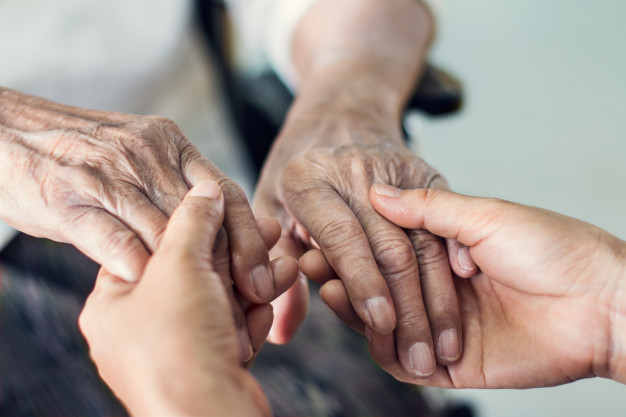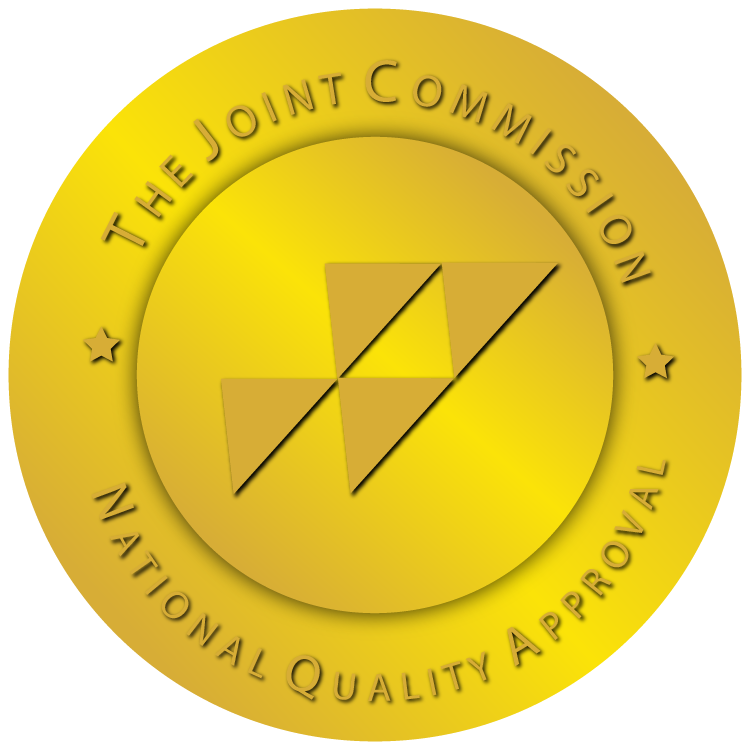Grief and Substance Abuse
Losing a loved one is difficult, no matter the circumstances, and each person handles loss in his or her own unique way. Some internalize the pain, while others outwardly express their emotions. Grief is an intensely emotional and natural response to loss. Many times, the temptation to turn off the emotions associated with grief can be overwhelming. Substance abuse may provide a temporary escape.
Drugs and alcohol make chemical changes in the reward and pleasure centers in the brain, making users feel good, at least for the time being. Changing the brain’s circuitry can have lasting effects, however. Substance abuse can lead to a range of emotional, social, and physical issues that actually make matters worse in the long run.
Symptoms of Substance Abuse Disorder
Drugs and alcohol have long been used as coping mechanisms for many things, as they may provide a temporary escape from reality. A pattern of chronic abuse can be detrimental to one’s health and doesn’t allow the individual the opportunity to fully experience and complete the grieving process.
Abusing drugs or alcohol repetitively may lead the development of a tolerance, requiring more of the substance each time to produce the same results. This tolerance may develop into a physical and psychological dependence and even into an addiction. The National Survey on Drug Use and Health (NSDUH) estimated that 21.6 million Americans over the age of 12 met the criteria for substance abuse or dependence in 2013.
Not everyone who is grieving and drinks is an addict, however. It is important to recognize when things may have gone too far and help is needed. Some of the warning signs to watch for include:
- Financial difficulties
- Obsession with a particular drug or alcohol
- Isolation
- Withdrawal from activities previously enjoyed
- Drop-in work or school performance
- Mood swings and/or personality shifts
- Taking more of the substance than intended or for a longer period of time.
- Failed attempts to stop using/abusing substances
- Weight fluctuations
- Extreme high or low energy levels
- Disrupted sleep patterns
- Tolerance
- Withdrawal symptoms
Substance abuse disorders vary in severity, depending on the type and method of substance abused, length and duration of abuse, and certain genetic and environmental factors. Abusing substances while grieving may provide a short-lived escape from pain; however, when the drug or alcohol exits the system, it can leave the individual feeling worse.
Grief and Co-Occurring Disorders
Short-term depression is a natural part of the grieving process, although it can sometimes transition into full-blown clinical depression. While feelings of sadness, isolation, and loneliness are normal, when these emotions pervade all aspects of life and begin to interfere with daily routines, it may be more than just feeling blue. Depression is a serious mental illness that may be triggered by a trauma, such as the loss of a loved one. According to the World Health Organization (WHO), over 350 million people around the world suffer from depression. Depressed individuals often feel hopeless, pessimistic, helpless, irritable, angry, have low energy levels, and express feelings of self-loathing or low self-esteem. Depression ranges from mild to severe. Symptoms are persistent and may cause physical ailments such as headaches, sleep disruption, or changes in appetite.
When depression is combined with substance abuse, the symptoms can be exacerbated, and both disorders may be made worse. Depression may affect the levels of three neurotransmitters – dopamine, serotonin, and norepinephrine – in the brain that are partially responsible for pleasure and overall good feelings, as reported in the Journal of Clinical Psychiatry. Many illicit substances work by increasing the production of these same chemicals. Abusing substances may, therefore, serve as an attempt to regain the balance of these neurotransmitters. Unfortunately, changing the chemical makeup of the brain without the assistance of a medical professional can lead to more problems and health concerns.
Stages of Grief
Mourning is a process that everyone goes through differently. The stages of grief are considered universal. While there is no specific order to how they occur, most people are likely to experience these stages of grief, as originally offered by Elisabeth Kubler-Ross’s manuscript On Death and Dying:
- Denial
- Anger
- Bargaining
- Depression
- Acceptance
Denial is a common initial reaction to death. It is a defense mechanism to help us cope with the shock. Isolation and pulling away from friends and family are also common during this stage. Anger often closely follows denial and can be directed at anyone or anything, including the person who died. Because death is hard to understand, anger is a natural reaction. A need to regain control occurs during the bargaining stage wherein “if only…” statements are common. Attempts to reconcile with a higher power or offer trades may also happen during this stage.
Depression manifests as sadness, regret, or worry. Some amount of depression and sadness is expected during the grieving process; however, many people remain in this phase and may need help making their way through it. The final stage, though not everyone reaches it, is acceptance. The ability to cope with difficult emotions and mourn in a healthy way is not always afforded to everyone. Some may choose to self-medicate, abusing drugs or alcohol in order to numb the emotional pain. Still others may become clinically depressed or even suicidal.
Some people will move through these five stages quickly, while others may bounce back and forth between the stages. Some may stay in one stage for a longer period of time, while still others will only experience a few of the stages. Most people will examine their own mortality at some point as well.
Grieving is an extremely personal and diverse experience. It is important that a grieving individual allows himself to feel the complex range of emotions and receives help to manage those emotions when necessary.
Getting Help
Grief is often a marathon and not a sprint. Emotional pain and scars need just as much time, if not more, to heal as physical wounds do. Psychotherapy can help you move forward, as it teaches coping skills in order to process grief in a healthy manner. Evidence-based methods combine clinical expertise, personal preferences, and scientific research; psychologists and mental health professionals utilize these methods to help patients learn new strategies for dealing with grief, sadness, depression, and substance abuse.
Circle of Hope provides each client with a detailed assessment in order to determine the best care needed for the individual’s needs. Offering a full continuum of care, we can help you process your grief and address any co-occurring disorders so you can regain health and balance in your life. Contact our highly trained and compassionate admissions counselors today.
We are here to listen.





